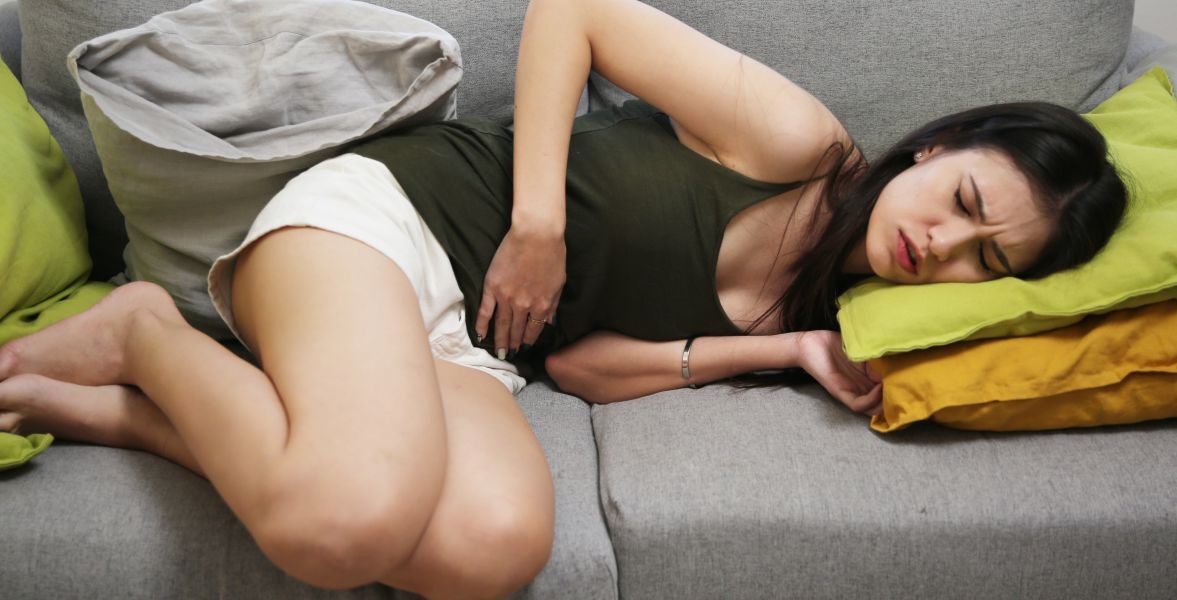Inspirational journeys
Follow the stories of academics and their research expeditions
Irregular Menstrual Cycle

Although irregular periods aren't always symptomatic of a disease, it's always a good idea to seek medical advice just in case. If the length of your menstrual cycle (the time between periods) fluctuates, you have irregular periods. Your periods may arrive early or late. The usual menstrual cycle is 28 days long, although it's normal for it to be a little shorter or longer.
You may have irregular periods if:
- The duration between your periods begins to fluctuate
- You shed more or less blood during a period than usual
- The number of days your period lasts varies greatly
If your cycle is irregular, pay attention to the signs your body may give you that your period is approaching. Back cramps or stiffness, heavier breasts or soreness, headaches, acne breakouts, altered sleep patterns, mood changes, bloating, and loose stools are all possible symptoms.
Period irregularities can be brought on by several things. They may be just usual for you. Changes in the levels of the hormones estrogen and progesterone in your body can cause your period to become irregular. As a result, young girls going through puberty and women approaching menopause frequently experience irregular periods.
Causes of Irregular periods
The following are some more common causes of irregular periods:
- Having an intrauterine device (IUD)
- Changing birth control pills or taking specific drugs
- Puberty (your periods may be erratic for the first year or two)
- Polycystic ovarian syndrome (PCOS)
- Stress
- Hypothyroidism or hyperthyroidism
- Uterine polyps or thickening of the uterine lining
- Uterine fibroids
- Perimenopause stage
Management of Irregular periods
If your periods are irregular, you typically don't need treatment unless they disturb you or you have another ailment that affects your menstrual cycle. Women's irregular periods are commonly caused by polycystic ovarian syndrome (PCOS) and hypothyroidism. The goal of treatment is to bring the body's hormones back into equilibrium. Extreme weight changes may have an impact on your periods. Weight increase might make it difficult for your body to ovulate, therefore losing weight could assist. Extreme, rapid weight loss, on the other hand, can result in irregular or infrequent periods. Here are some self-care recommendations:
- Exercise moderately and eat nutritional meals to maintain a healthy lifestyle. If you must lose weight, do so gradually rather than resorting to fad diets that severely restrict your calorie and food intake.
- Get adequate sleep.
- Use stress-reduction and relaxation strategies to keep stress at bay
- If you're an athlete, reduce the amount of time you spend exercising. Excessive physical exercise might cause periods to be irregular.
- Follow the instructions for using birth control tablets or other contraceptive methods.
- To prevent infections and toxic shock syndrome, change your tampons or sanitary napkins every four to six hours.
- Have frequent check-ups with your doctor.
If you've always had slightly irregular periods or are still in puberty, you don't need to seek medical help. However, you should visit a doctor if you have any of the following symptoms:
- You're below 45 years old, and your periods have become irregular.
- Your periods are less than 21 days apart or more than 35 days apart.
- Your periods are more than 7 days long.
- Your shortest and longest menstrual cycles differ significantly (at least 20 days).
- You're having problems conceiving since your periods are erratic.
- There may be nothing wrong, but it's a good idea to be checked out to figure out what's going on.
0 Comments
Categories
Recent posts
IQAI: Transforming Healthcare - One Success Story at a Time
Wed, 20 Sep 2023





Leave a comment